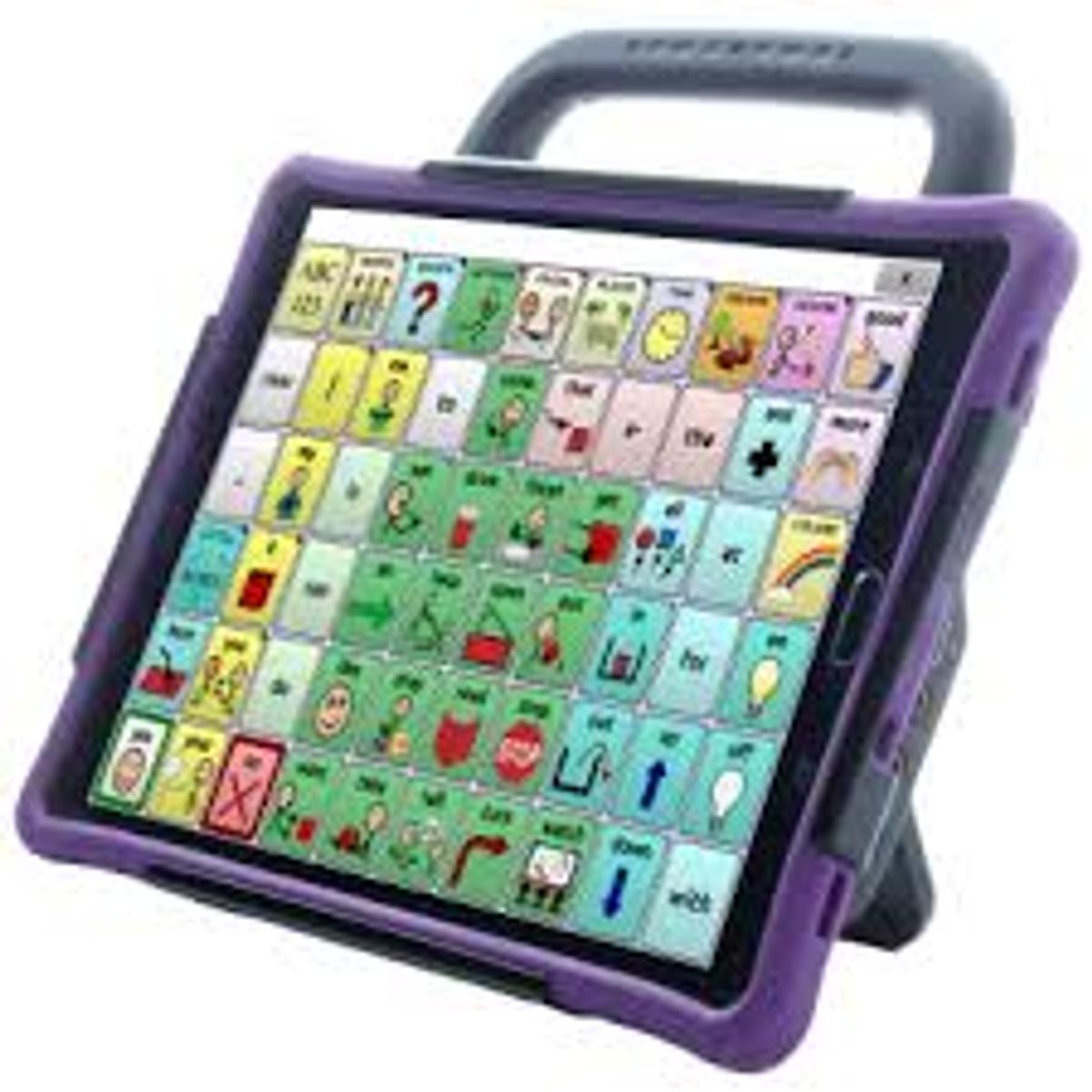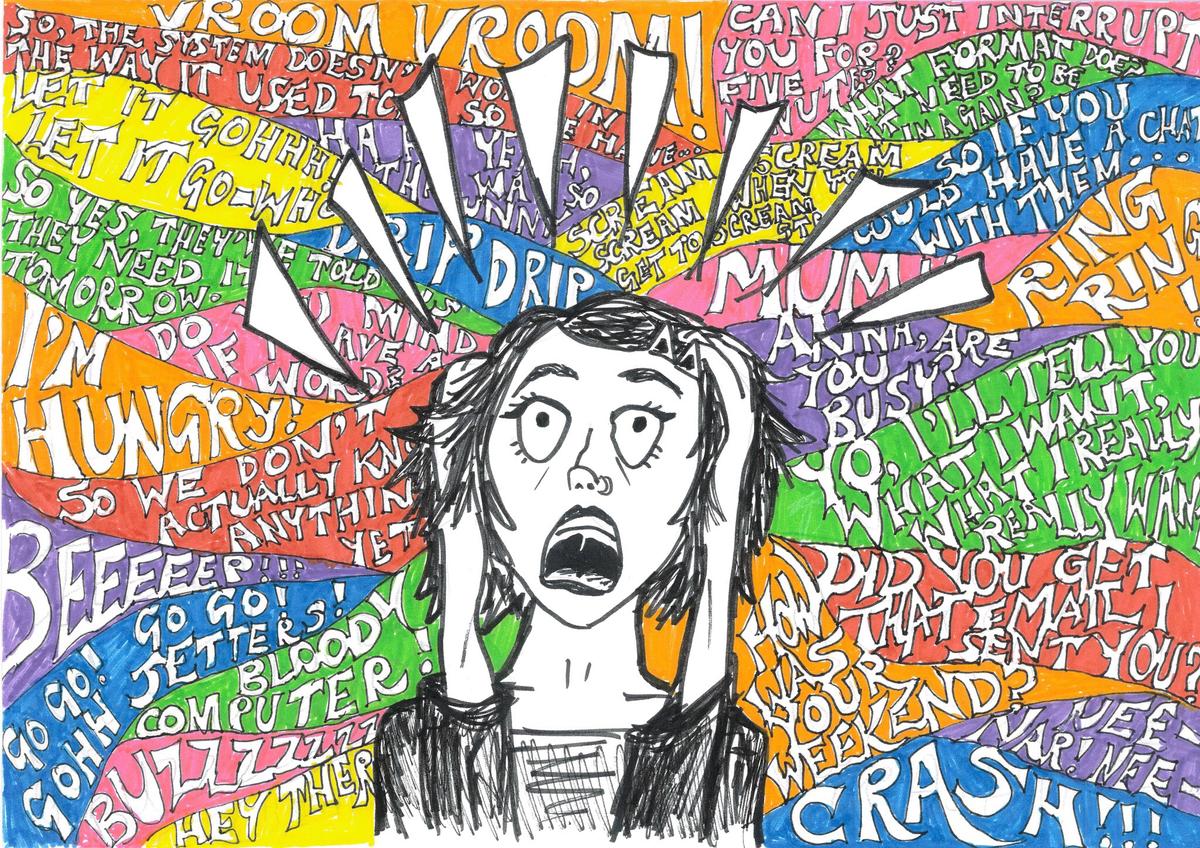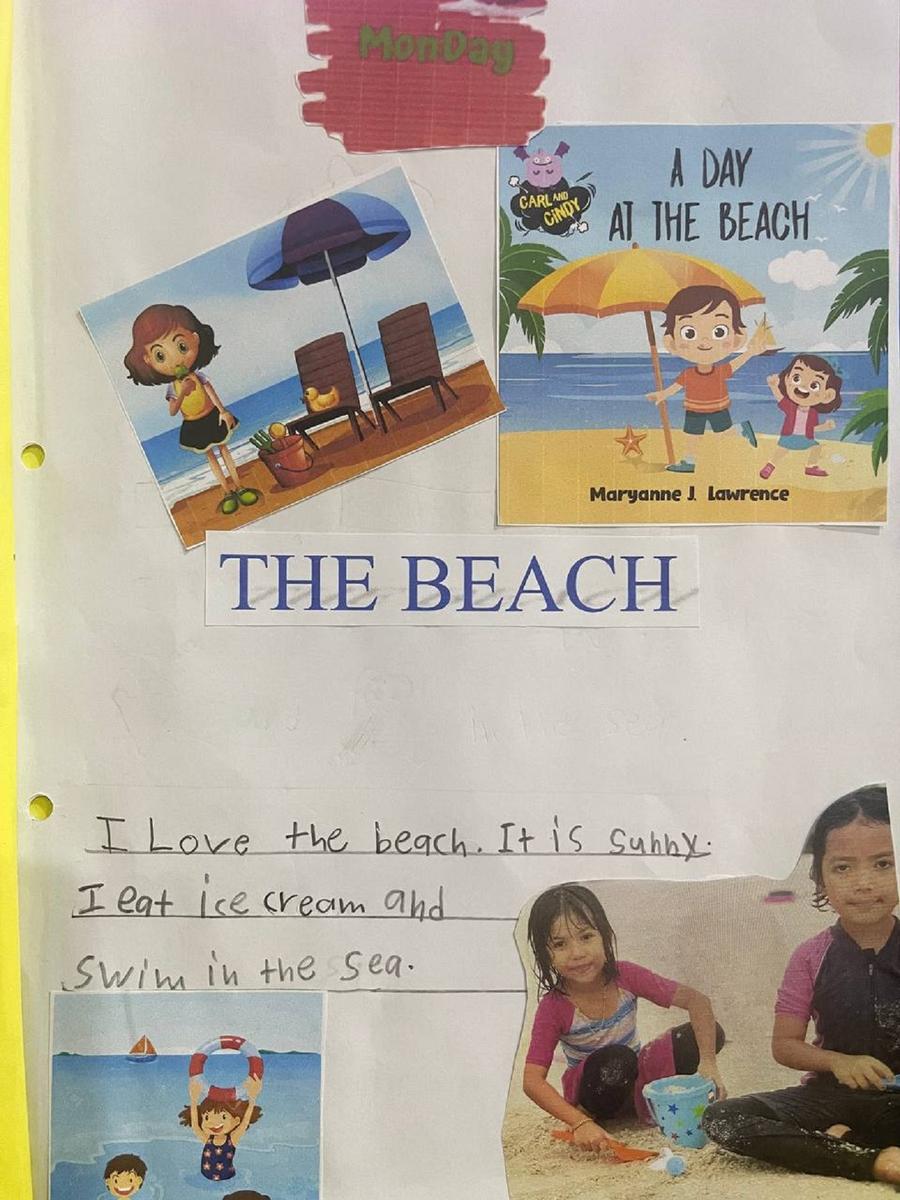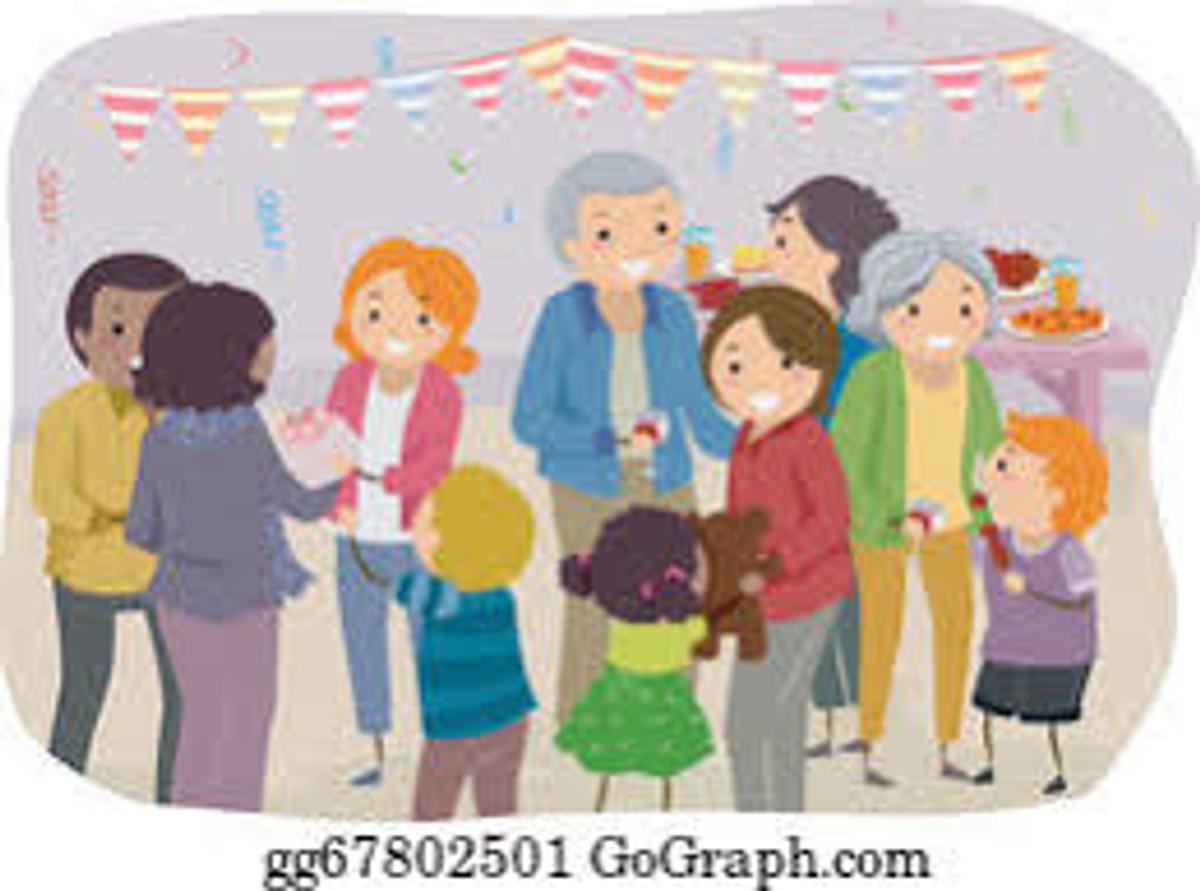Therapy Themes
O.T, Speech and Physio share their news, tips, and information.

Therapy Themes
O.T, Speech and Physio share their news, tips, and information.
School holidays can be stressful for those of us who need structure and routine. It can be a real challenge to fill all those hours. Here are some top tips to help with the holidays.
Use a schedule to show what to expect each day. Keep bedtime and wake up times and routines as close to normal as possible.
Communication systems


Make sure if you are going out for the day, that you ensure your child's communication device is fully charged and available at all times. And if you are going away for a prolonged period make sure the device and charger come with you. The holidays are a great time to practice the pathways on the back of your child's device. Whatever communication system your child uses, it should be ready to use and available to them at all times.


Dealing with noisy places and events.
The lead up to the festive season can be filled with noise, bright lights and strange smells. For people who have sensory sensitivities, this time of the year can be particularly stressful. Here are some tips to help alleviate some of the stress.
Create a holiday story


If you’re going away, preparing your child for what will happen is key to helping them manage. Write down the sequence of events that will happen in a story so you can read it to your child or they can read it themselves. You could search for pictures on the internet to go with your story.
For example, Next week we will be going on a holiday to the beach and staying in a caravan. We are staying for 5 days. We will pack up the car with what we need and then drive to the beach. It will take a long time to get there, but that is ok, we can stop on the way and have some lunch and I can listen to music or watch a video on my Ipad. When we get to the caravan park, we will unpack the car. While we are on holiday we will go to the beach, we will sleep in a caravan and we will play with our toys. It will be different, but it will also be fun.
Extra activities and guests at home


Send a message to visitors asking them to help make it a successful day for your child. Tell them how they can help. This could be:
Safe Spaces


Whenever you visit a person’s house or stay at your own, establish a “safe zone” for your child so that they can retreat and be alone, if desired. This may be a room in the house or even a desk they can crawl under for a time.
Ask for help


It is ok to ask for help. Everyone needs help from time to time. Allow family members to babysit, use respite care if you can. And accept help when it is offered. Looking after your own needs is essential to your mental health and wellbeing.